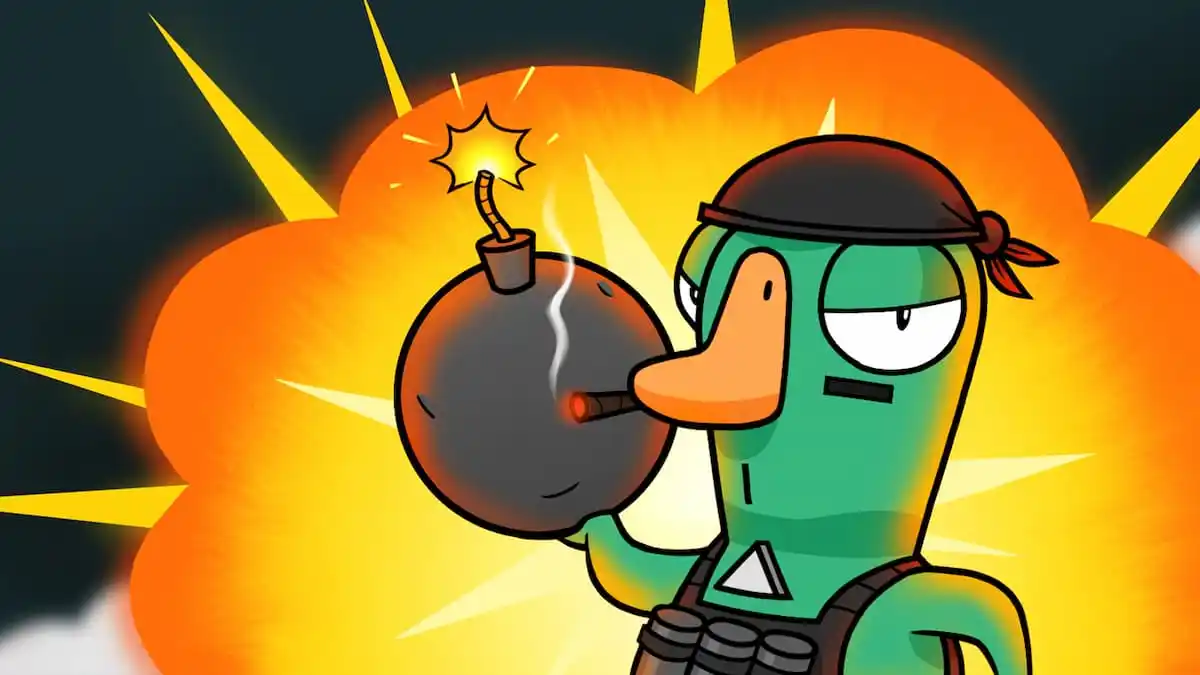San Mateo County plans to launch a mental health court this summer aimed at compelling homeless people and others with severe, untreated psychotic disorders into treatment plans and facilities.
The initiative is part of California’s new county-level CARE Court program spearheaded by Gov. Gavin Newsom as part of a broader overhaul of the state’s mental health system.
This July, San Mateo is set to become the second Bay Area county to start the program, following San Francisco, which in October opened one of California’s first CARE courts. All counties statewide must phase in the program by Dec. 1.
San Mateo County officials said they’re launching the program ahead of schedule to bring homeless people who are too sick to seek care — the ones residents are most likely to see wandering into traffic or shouting at nobody — off the streets and into treatment as soon as possible.
“For those families who are suffering and don’t know where to go, help is on the way,” said County Executive Mike Callagy.
Elsewhere in the Bay Area, Santa Clara and Contra Costa counties said they were on track to meet the Dec. 1 deadline but declined to share when they plan to launch their CARE courts. Alameda County said it’s slated to initiate its CARE court in December.
CARE Court allows family members, close friends, first responders, behavioral health providers and others to refer someone to the court. A judge can then order participants — who receive a public defender and a “CARE supporter” to help them through the process — to enroll in tailored treatment plans, which could include placement in mental health facilities or permanent supportive housing.
It’s still unclear how many people could enter the program in San Mateo County, which has an estimated 1,800 homeless residents. But only those with severe mental health issues, a relatively small fraction of the county’s homeless population, would be eligible for CARE Court. It’s also not a requirement that participants be homeless.
LifeMoves, a nonprofit that does street outreach and operates homeless shelters across the county, said it welcomes CARE Court’s early arrival in San Mateo County.
“We appreciate and encourage innovation in programs with our justice system that better meet the long-term needs of our clients and other vulnerable people in our community,” a spokesperson said in a statement.
While disability rights advocates worry the program could infringe on people’s personal freedom, officials say the goal is not to force patients into facilities or conservatorships against their will but rather to work with them to achieve voluntary participation.
However, if patients do not comply with their treatment plans, they could be referred to a locked facility or jailed if they have a pending criminal case. Participants cannot be forcibly medicated or jailed solely for refusing care. Treatment plans last one year and could be renewed for a second year.
Across the eight counties that have already launched CARE courts — including San Francisco, San Diego and Los Angeles — just 450 people were referred to the program over its first six months. State officials have estimated that 7,000 to 12,000 people could be eligible for the program statewide.
Callagy described the program as underutilized in those counties. He said San Mateo County’s superior court system and behavioral health department are working together to ensure its CARE Court is fully operational upon launching July 1. He added that the county plans to launch a website next month with more information about how people can refer loved ones to the program.
Ahead of CARE Court’s start last year, local officials across the state raised concerns about a lack of psychiatric beds and supportive housing for program patients. According to a 2021 study from the public policy think tank RAND, the state has a shortage of roughly 7,730 treatment and residential care beds.
To bolster California’s mental health system, voters in March narrowly approved Proposition 1, a $6.4 billion mental health bond measure that could fund an estimated 6,800 treatment beds and 4,350 units of supportive housing for homeless people.
At a news conference earlier this week at a mental health facility in Redwood City to announce the first round of bond funding, Newsom said the money will be crucial to the success of CARE Court and other recent reforms expanding conservatorship eligibility to more people living on the streets.
“Not one reform alone will achieve the results that people demand and we all expect,” he said.
If you or someone you know is struggling with feelings of depression or suicidal thoughts, the National Suicide Prevention Lifeline offers free, round-the-clock support, information and resources for help. Call or text the lifeline at 988, or see the 988lifeline.org website, where chat is available.







